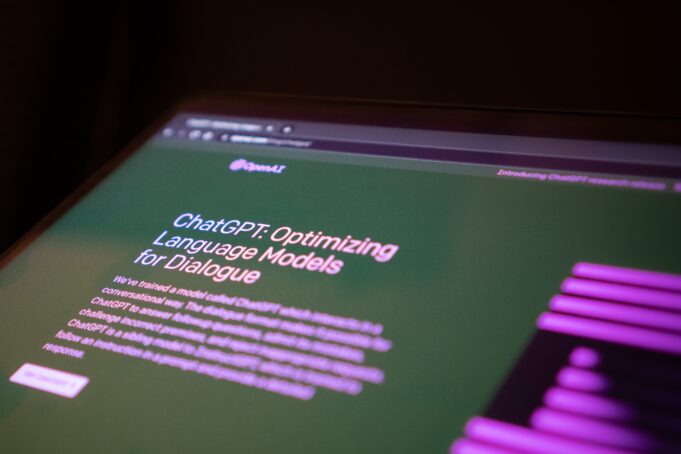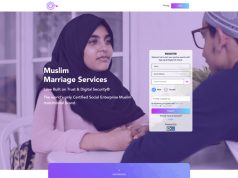While some educators are incorporating ChatGPT as a novel instructional aid, others are displaying a degree of reluctance due to the emergence of ChatGPT cheating scandals following its launch in November 2022. Despite the ongoing controversy, it’s clear that ChatGPT isn’t going anywhere soon, which raises the question of what impact it will have on our students.
“Remember when we weren’t allowed to use a calculator on tests back in school because of the idea that we wouldn’t have one with us everywhere we went? For several years now, we’ve had the entire internet in the palm of our hands on devices that give us access to a plethora of information in seconds. When a student doesn’t know something, we don’t tell them to go down to their local city library anymore and to rent an encyclopedia. We tell them to Google it! This cultural shift is exactly what we’re seeing with ChatGPT, an AI advancement that is still in its newborn phase, that with time will only get better and become more integrated into our everyday interactions,” explains Iterate.ai Co-Founder Brian Sathianathan.
Education is a right, not a privilege, intentionally using advancements in technology can make access to knowledge more accessible to those who might otherwise not be able to take advantage of it. Instead of immediately banning ChatGPT, the educational system as whole needs to be looking at it as an opportunity to strengthen our educators´ abilities to develop and execute lesson plans in a way that was not even conceivable just a few short months ago.










